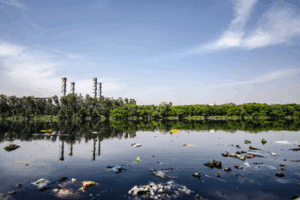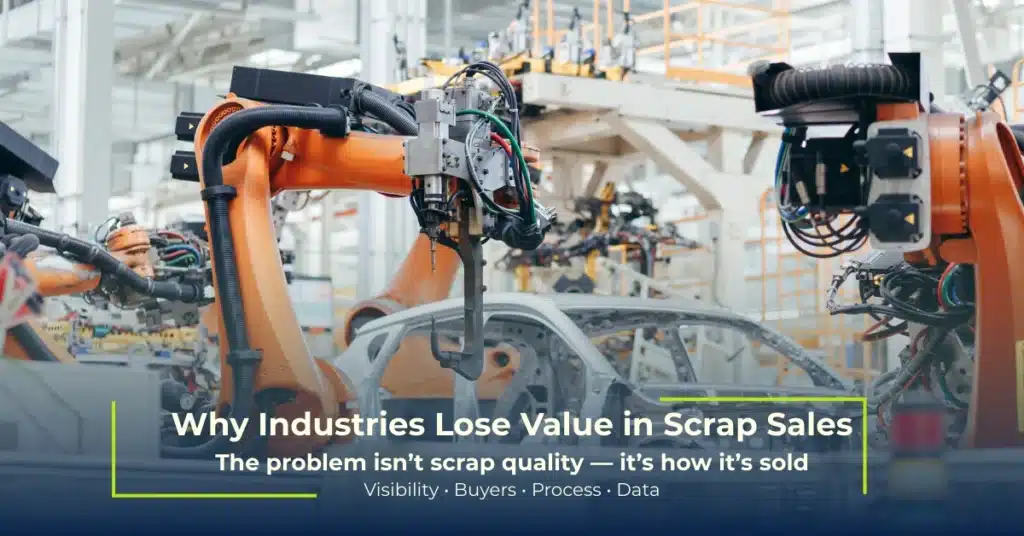Walk through any busy Indian city Mumbai, Delhi, Bengaluru, or Chennai and one thing stands out: overflowing bins, plastic-strewn streets, and that faint smell near every garbage corner. Urban waste management isn’t just a civic issue anymore; it’s a daily reality we all live with.
India’s cities are expanding faster than ever, and so is the garbage they produce. The real question isn’t “how do we throw it away?” anymore; it’s “how do we manage it without drowning in it?”

The Trash Truth: How Bad Is the Problem?
India generates around 62 million tonnes of municipal solid waste every year, and cities alone are responsible for roughly 45 million tonnes. But here’s the catch: only about 25-30% of that gets processed properly. The rest ends up rotting in landfills, dumped in open spaces, or finding its way into rivers and drains.
For instance, Delhi’s Ghazipur landfill has literally turned into a mountain. It’s now taller than some city flyovers and keeps growing every day, releasing methane and foul air into nearby residential zones. It’s a grim reminder that our waste doesn’t just disappear: it piles up.
Where Things Go Wrong: India’s Big Urban Waste Challenges
Let’s be honest, our waste problem doesn’t start with the government; it starts at home. And here’s where we consistently mess up:
- Mixing It All Up: Poor Segregation at Source – Most of us still toss everything into one bin; food leftovers, plastic wrappers, broken glass, everything. Once that happens, even the best technology can’t separate it efficiently. Cities like Indore and Pune have shown dramatic improvements simply by enforcing segregation from day one.
- Too Little, Too Late: Weak Processing Infrastructure – We’re generating waste faster than we’re building systems to handle it. Many cities still lack enough composting or recycling plants. And the few that exist? Often underused, because what arrives there is already mixed waste.
- The Missing Link: Unorganized Collection Systems – In many cities, garbage collection is irregular and inconsistent. Informal waste pickers who actually recycle a large share of our plastic and paper remain unrecognized, unprotected, and underpaid, despite doing some of the toughest work.
- “Not My Problem” Attitude: Lack of Public Awareness – Even with bins, posters, and drives, many people still see waste as someone else’s headache. Change begins when we stop waiting for the municipality and start taking responsibility for what leaves our own homes.
- Strong Policies, Weak Execution – India’s Solid Waste Management Rules, 2016 are solid on paper. But many local bodies lack the budget, manpower, or technical know-how to implement them consistently across urban and semi-urban zones.

Cities That Got It Right: Real Stories That Inspire
There’s hope and some cities are proving it.
- Indore has been India’s cleanest city for seven years straight. Why? Every household segregates waste, door-to-door collection happens daily, and the city converts organic waste into compost.
- Pune built one of the most humane models by formally employing waste pickers under the SWaCH cooperative. It gave them dignity, income, and recognition while improving recycling rates.
- Bhubaneswar turned trash into power, literally. Its waste-to-energy plants convert garbage into electricity, easing landfill pressure and producing renewable energy.
These success stories show one thing clearly: change is possible when governance, technology, and public cooperation align.
Turning the Tide: What India Needs to Do Next
Fixing India’s urban waste problem won’t happen overnight, but here’s where we can start:
- Segregate, Recycle, Compost – Repeat : Two bins at home. That’s the simplest revolution possible. When citizens segregate waste correctly, cities save crores in processing costs and landfill space.
- Recognize the Unsung Heroes : Formalizing waste pickers’ roles, offering safety gear, and ensuring fair pay can make recycling more efficient and humane.
- Build More Local Processing Units : Instead of mega-landfills, smaller decentralized composting centers across neighborhoods can handle organic waste better and faster.
- Use Tech Smartly : GPS-enabled waste trucks, AI-powered sorting, and digital waste tracking can plug leaks in collection and processing systems.
- Make Awareness Personal, Not Preachy : Campaigns should feel real, not just slogans. Show how one family’s composting habit or one colony’s segregation drive can transform a city block. People act when they connect emotionally.
Clean Cities Start with Clean Habits
Urban waste management isn’t just a civic plan, it’s a mindset. Governments can build systems, but unless citizens care, they’ll collapse.
If every Indian household starts treating waste as their own responsibility not an afterthought our cities can transform from garbage dumps into sustainable, livable spaces.


